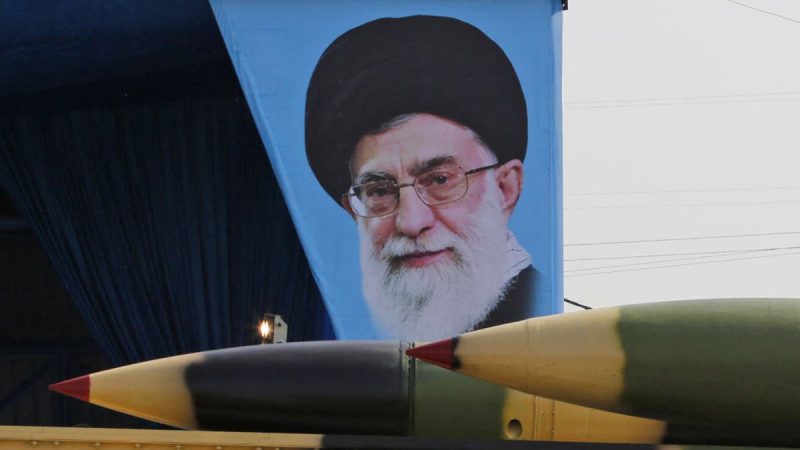The Biden Administration Faces Pressure Over Continuing Sanctions Relief to Iran
Amidst the ongoing diplomatic efforts between the United States and Iran, the Biden administration finds itself at a crossroads as pressure mounts to reevaluate the decision to provide billions of dollars in sanctions relief to Iran. While these negotiations represent a significant opportunity for diplomacy and peacebuilding in the region, concerns and skeptics have emerged regarding the potential ramifications of easing sanctions on the Iranian government.
One of the primary arguments against providing sanctions relief to Iran is the fear that the regime will use the funds to escalate its malign activities in the region. Critics point to Iran’s support for proxy groups in the Middle East, such as Hezbollah in Lebanon and the Houthis in Yemen, as evidence that any economic relief could fuel further instability and conflict. Additionally, there are concerns that Iran may redirect the funds towards advancing its nuclear program, despite assurances from Iranian officials that the country’s nuclear ambitions are peaceful in nature.
Moreover, opponents of the sanctions relief argue that Iran has not made sufficient concessions or demonstrated a genuine commitment to de-escalating tensions in the region. The Biden administration has faced criticism for engaging in negotiations with Iran without demanding concrete actions to address its destabilizing behavior. Skeptics question whether providing sanctions relief effectively rewards Iran without holding it accountable for its actions.
On the other hand, proponents of the sanctions relief argue that diplomatic engagement and economic incentives are essential tools for encouraging Iran to comply with international agreements and norms. They contend that by offering sanctions relief, the United States and its allies can create a window of opportunity for constructive dialogue and negotiation with Iran. Advocates of this approach believe that economic pressure alone is not sufficient to bring about lasting change and that a combination of incentives and disincentives is needed to achieve meaningful progress.
Additionally, supporters of the sanctions relief point out that the Iranian people have been disproportionately affected by the economic sanctions, which have contributed to widespread hardship and suffering. By providing relief, the Biden administration seeks to alleviate the humanitarian impact of the sanctions while maintaining diplomatic pressure on the Iranian government to address key regional and international concerns.
As the Biden administration navigates these complex dynamics, the decision to continue or reconsider providing sanctions relief to Iran will have far-reaching implications for regional stability and international security. The administration must carefully weigh the risks and benefits of its approach, taking into account the perspectives of both critics and proponents of the sanctions relief.
In conclusion, the pressure on the Biden administration to decide on the future of sanctions relief to Iran underscores the delicate balance between diplomacy and deterrence in foreign policy. The stakes are high, and the outcome of these negotiations will shape the trajectory of U.S.-Iran relations and the broader geopolitical landscape in the Middle East. It remains to be seen how the administration will address these challenges and navigate the complexities of engaging with Iran while upholding its commitments to regional security and stability.




























